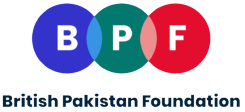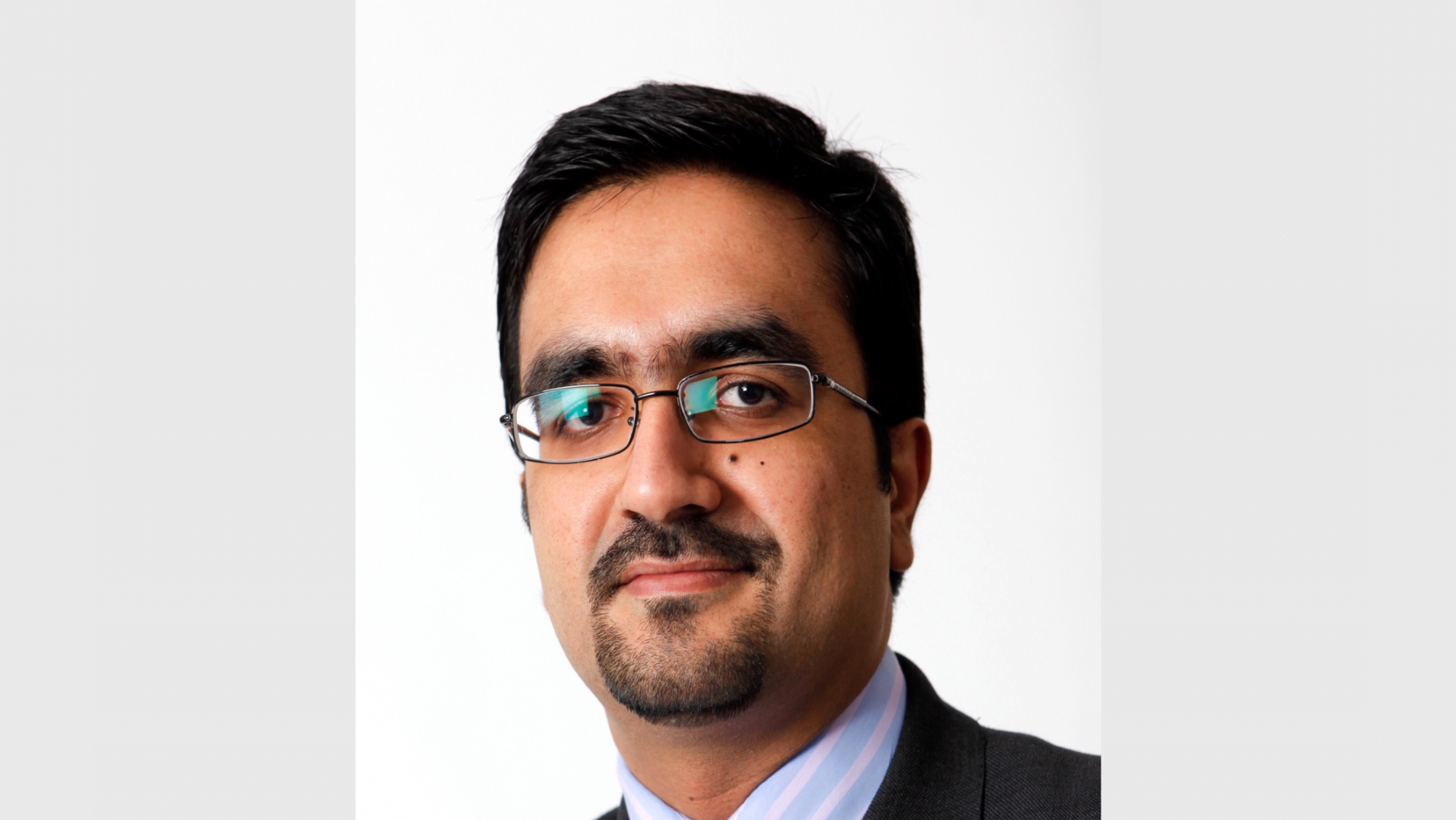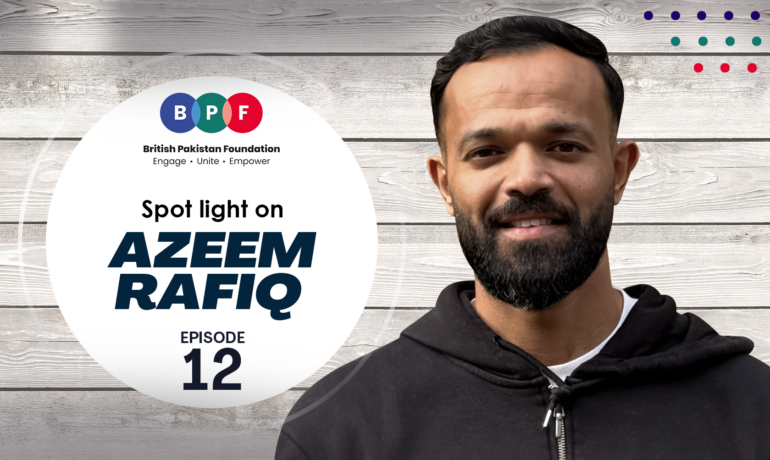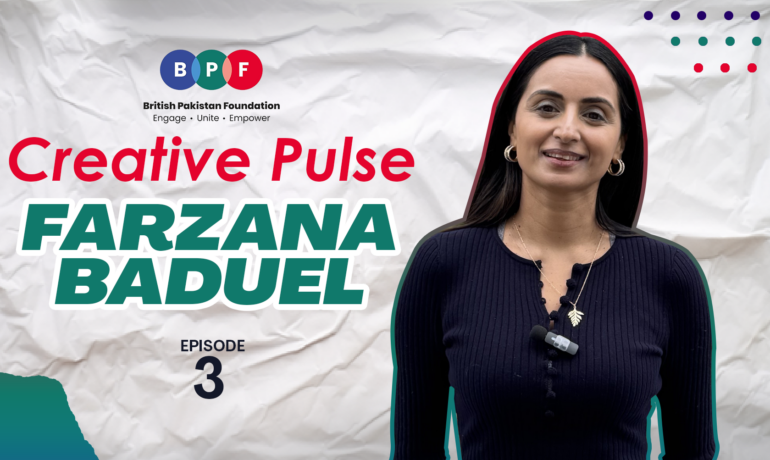Spotlight on Mohammad Shoaib Memon
How did you get started in your career?
I received my early education in Hyderabad Pakistan and moved to Karachi to pursue chartered accountancy thereafter in 1998. I qualified as an ACCA in 2002 followed by CA from the Institute of Chartered Accountants of Pakistan in 2004 whilst training with KPMG. I moved to the UK later in 2004 with Ernst & Young and then joined Finance team at Europe Arab Bank (EAB) in 2007. It will be 12 years for me soon with my current employer EAB, which I am often told is a long stretch from City of London standards in the current times. However, I have thoroughly enjoyed it.
What is a highlight of your career?
There have been a few high points in my career so far but perhaps the highlight was last year when I stepped in as the Interim CEO of EAB in addition to my current Chief Financial Officer responsibilities. EAB is a mid-size bank headquartered in London with operations across Europe providing corporate, institutional and private banking services. It is part of the Arab Bank Group, one of the largest and oldest commercial banking institution originating from the Middle East. Whilst I have held executive positions for a number of years now, leading a regulated financial institution in the UK as a CEO in a challenging environment has been an incredible experience. Being the youngest amongst the executive team at the Bank, I do immensely value the trust and support provided by our board of directors and rest of the team at the Bank.
How do you unwind?
Spending time with the family. My wife and our three boys make a lot of difference and bring the sanity back in life. I also aim to visit Pakistan regularly, especially my native town Hyderabad, as these visits do recharge me.
What does an average workday look like to you?
I would lie if I say every day is different. What makes it different is the progress made on matters on hand.
Banking has changed significantly since the financial crisis and rightly so. There is a lot of focus on regulatory compliance, governance and protecting the interests of various stakeholders, particularly the clients. Add to it the economic uncertainties and the geopolitical challenges in some of the key MENA markets we operate and the pace of technological evolution. All of these put pressure on profitability and how we operate as a business. It is a constant challenge to find the right balance.
What has been the greatest hurdle for you to overcome in your career?
The Almighty has been very kind and I don’t think there have been any major hurdles so far. Yes, there are challenges that one has to overcome in professional and personal lives and perhaps such situations do test your resolve and bring the best out of you. One has to remain optimistic and learn through the experiences. I have always believed in ‘the harder you work, the luckier you get’.
What is the best thing about your job?
I would mention two points here.
Firstly, interaction with people. Over the years, I have learnt the value of professional relationships one builds. In my view success of a business or an individual will remain dependant on how they deal with the people around them either in the form of clients, colleagues or the wider network.
Secondly, the role private financial institutions play in development of individuals, businesses, societies and economies. I believe this is undermined particularly following the financial crisis in late 2000s. Banks help families buy homes and save for the future securely, facilitate businesses, deliver trade across geographies and support critical infrastructure projects globally. People working in our industry should feel more positive about the contribution they make. We help create jobs, wealth and contribute towards prosperity.
What changes do you see in banking over forthcoming years?
I see challenging, yet exciting, times ahead for the banking industry in the forthcoming years. The evolution of financial technology has created opportunities for many new and different players in the market who are more agile and efficient. Additionally, the clients’ use of technology be it corporate or individual, is evolving rapidly. Banks as financial intermediaries will have to keep up with the pace particularly in view of competition from the tech firms and digital disrupters. I also expect the role of financial institutions in the wider society to remain under focus, including improving financial inclusion, tackling financial crime and responding to climate change.
Spotlight On Azeem Rafiq
This episode of Outstanding British Pakistanis’ features the inspiring
Creative Pulse: In Conversation with Farzana Baduel
This episode of Creative Pulse features Farzana Baduel, founder




